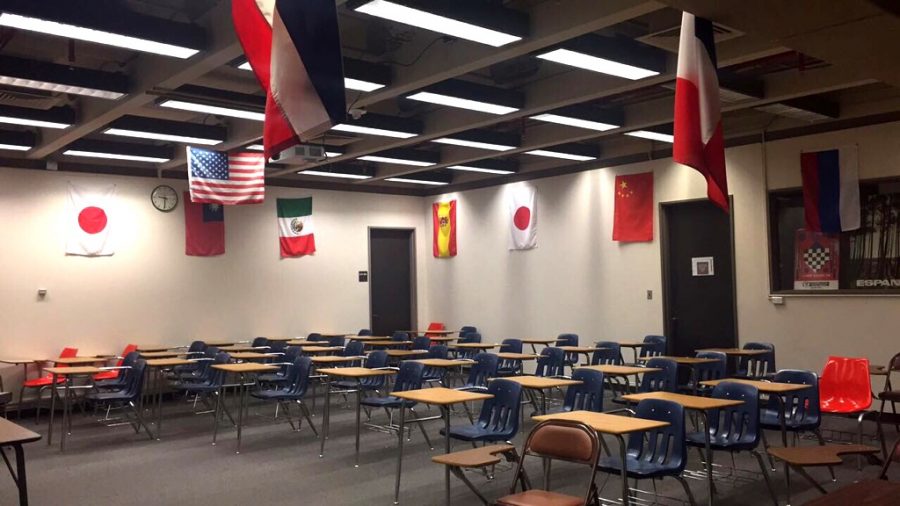College of Liberal and Fine Arts’ (COLFA) professors and students are feeling the academic strain this fall semester after a 50 percent reduction in the number of classes taught by nontenure-track faculty (NTT).
The news was announced the fall semester of 2016. Since that time, COLFA departments have seen an increase in class size and a decrease in faculty.
Tenure-track and tenured professors are now expected to teach lower division classes as a result of the laying off of adjunct professors.
Department of Modern Languages and Literature Spanish professor Gilberta Turner said, “We have people who have been in the system for years, and they are teaching lower level classes. I think that it is diminishing for them.”
Turner described how heavily she was affected by the budget adjustment. “I was lucky. After the budget cut, I lost my dental and eye insurance because I was a part-time professor. This semester, I was only offered to teach one class, but one of my colleagues retired, so I ended up with two classes. Now I am back with my insurance. Unless you have two classes, you will lose all of your benefits.”
Professors are not the only ones negatively affected by the class reduction. Class sizes have risen exponentially, which has rendered the number of classes to decrease within COLFA. The larger class sizes are due to the limited number of COLFA classes being offered each semester.
Students within all UTSA colleges have been inconvenienced due to the course shortages. Most students, regardless of their major, have to enroll in several COLFA classes to the satisfy.
core curriculum of their major. That means there should be an adequate number of courses to accommodate the large amount of students.
Senior modern language studies major Ana Garcia described her course experience this fall semester: “After the COLFA cuts, the number of classes available to me went down. I do not have many class options to accommodate my schedule.”
Another issue of the budget adjustment is the inability of seniors to take graduation required classes because there are so few teachers left to teach them.
“The shortage of classes has affected my graduation date; this semester I could have been a full time student but not all of my required classes were being offered.”
COLFA students and professors have been left disoriented since the massive budget cut, and many do not understand the reasons behind such a life-altering decision.
“The people who manage the budget have to cut where they can, and I do not blame them. I do not blame the lower level or the middle level, I blame much higher. I do not understand why they do not consider COLFA important,” said Turner.







